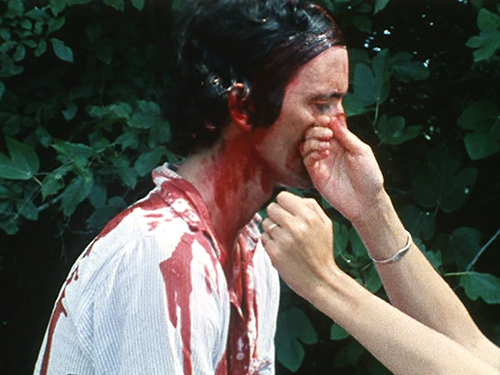
The underdeveloped country that does not have a strong or madly national art is to be pitied, because, without its art, it’s all the weaker (its brain can be colonized), and it’s here that the most dangerous extension of economic colonization can be found. In the specific case of cinema, I want to let my colleagues know that they should endure the criticism, the slander and the contempt without wavering, because I am absolutely convinced that Brazilian Cinema Novo is currently producing images and sounds that are what we can call modern cinema.